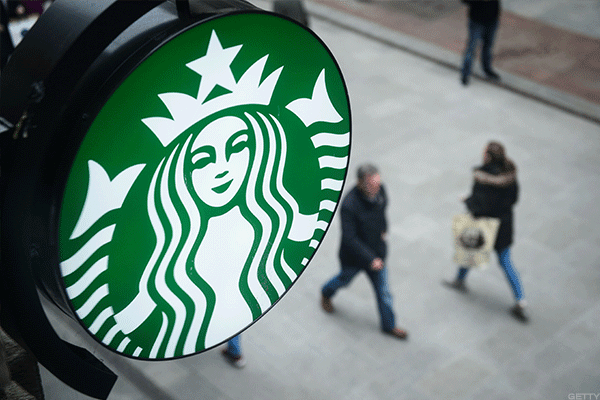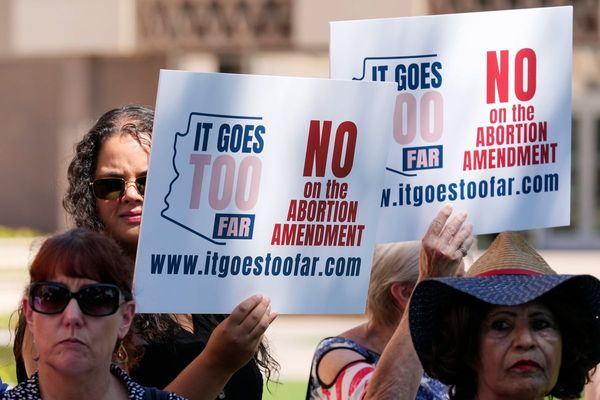
Starbucks (SBUX) shares edged lower Thursday ahead of the coffee chain giant's fourth quarter earnings after the closing bell, with investors likely focused on growth forecasts in China and negotiations with labor leaders in the United States as new CEO Laxman Narasimhan prepares to take the helm.
Starbucks is expected to post non-GAAP earnings of 72 cents a share, down 28% from the same period last year, on modestly firmer revenues of $8.31 billion, with same-store sales rising by around 6.8%.
Key to its 2023 update, however, will be the anticipated recovery in China, it's fastest-growing market, and its ongoing negotiations with unions as it grapples with a surge in labor organization. Starbucks, which has seen around 240 of its 15,000 U.S. stores form unions over the past year, began negotiating new labor contracts with unionized cafes last month.
Employee costs will remain a key plank in the group's recently-improved profit targets, which forecast earnings growth of between 15% and 20% over the next three years.
Starbucks said earlier this fall that it plans to invest around $3 billion on new technologies and in-store renovations, a move it sees lifting comparable worldwide sales by between 7% and 9% over the 2023 fiscal year, although it referenced the timing of China's post-Covid recovery as potential headwind.
The new forecasts come amid the group's overall aim of reaching 45,000 stores -- with 2,000 new U.S. additions and 4,500 in China -- by the end of its 2025 fiscal year.
Starbucks shares were marked 0.6% lower in early Thursday trading to change hands at $84.01 each, a move that would leave the stock down around 28% for the year.
Narasimhan, who was unveiled as the new Starbucks CEO in September, will replace Howard Schultz in April of next year as he works with the group founder as part of a multi-month transition.
In a move to placate existing workers, Starbucks raised its hourly wage threshold to $17 an hour, with higher rates for tenured staff, but excluded those tied to a union from the pay increases.
The wage investments followed a springtime move by Schultz to freeze share buybacks and redirect cash towards investing more into our people and our stores". Schultz said it was "only way to create long-term value for all stakeholders."
Rising input costs, however, as well as enhanced pay packages, trimmed Starbuck's third quarter margins, which fell by 350 basis points to 16.9%, partly offsetting improvements in same-store sales. Starbucks posted better-than-expected June quarter revenues of $8.15 billion, with a bottom line of 84 cents per share.







